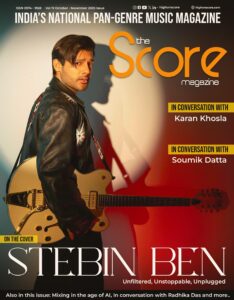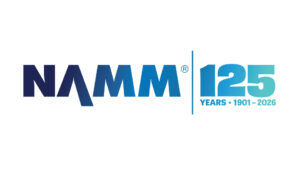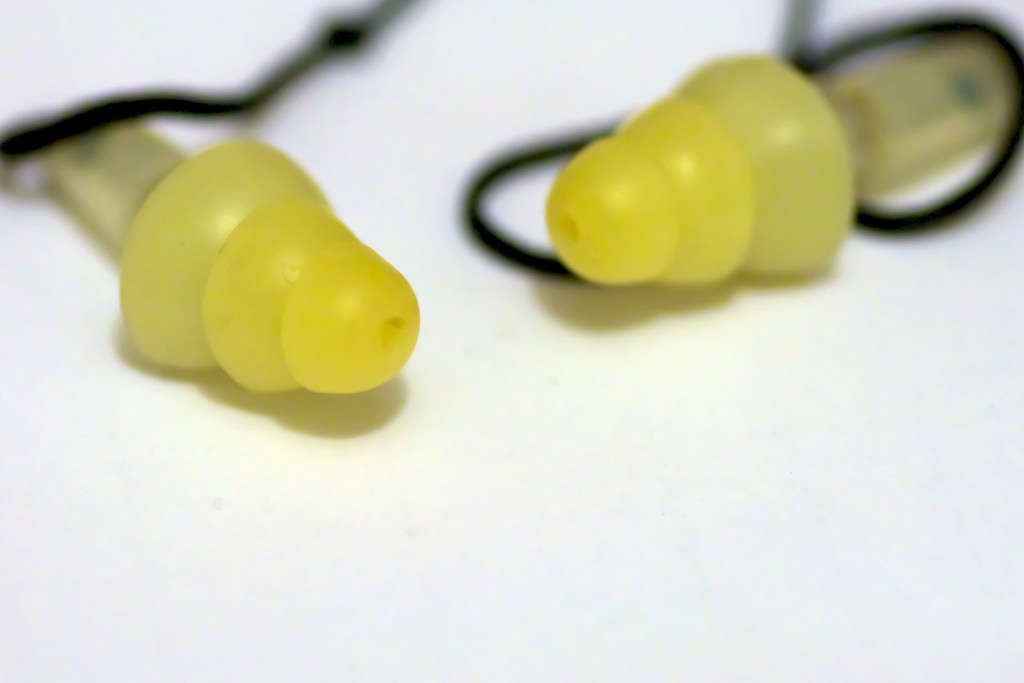Whether you’re a producer, sound engineer, musician or a frequent concert-goer, you need to know and understand the importance of basic hearing protection. A lot people seem to think that they’re impervious or immune to being exposed to loud decibel levels. Well, you’re not, and chances are, at some in the future you’ll be trying recover from the damage rather than take precautions at an early stage.
Extended exposure to high decibel levels can cause various problems such as
- Hearing loss
- Tinnitus – Ringing or buzzing noise in the ears
- Diplacusis – Pathological matching of frequency and pitch that results in some notes sounding flat
- Hyperacusis – A reduced tolerance towards sounds at levels that are easily tolerated my most people.
Doesn’t sound too fun, huh? And there is a common misconception that hearing loss only occurs in musicians that play louder genres of music. Truth is that the risk for cochlear damage and hearing loss exists for all types of music, especially people that play percussion or brass instruments.
Your immediate solution to this issue would be to get a pair earplugs from your local store. While this does technically protect your ears from exposure to high levels of noise, there are a different set of problems that arise from musicians and sound engineers using traditional earplugs. It is essential that musicians and engineers hear clearly during performances and rehearsals. Using regular ear plugs muffle the sound, i.e they attenuate the treble more than they do the low end. Also, deeply inserted foam earplugs can provide 30-40 dB of sound reduction when far less is needed to protect hearing. This may result in the musicians not being perform comfortably and, maybe, even overplay.
Thus, earplugs that are particularly for musicians were designed by replicating the natural response of an open ear. Thus, allowing the user to listen with an even attenuation throughout the frequency range, i.e exactly what the music sounds like, only quieter. Based on the loudness of instrument, these earplugs can have flat attenuation of 9,15 or 25dB. The importance of hearing protection doesn’t just pertain to the health of the musicians or sound engineers, but also to their careers as their line of work needs them to make decisions based off what their ears tell them.








